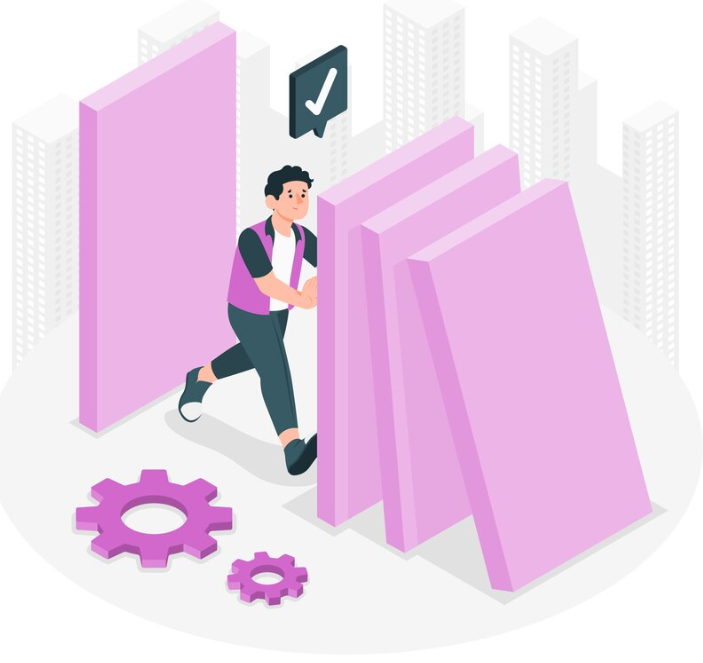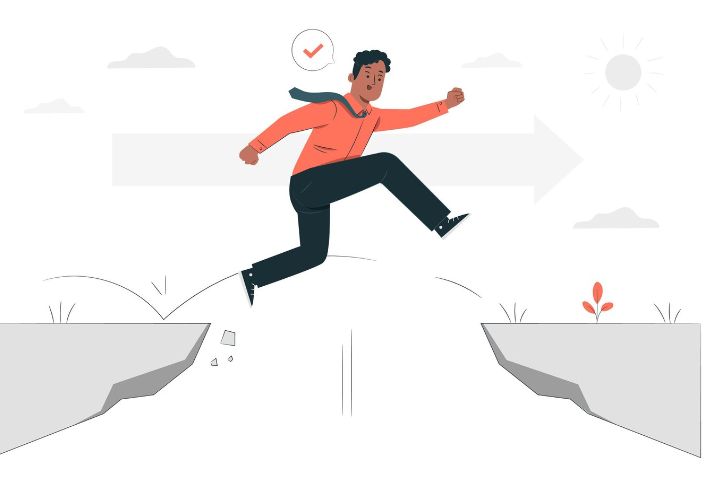Fostering Resilience in the Workplace: Strategies for Thriving in Challenging Environments
Resilience in the Workplace will lead you and your teammates to the optimum performance. It is not a fixed quality but can be learned over time. Through resilience, an organization earns success because its employees face hardships with confidence and are therefore able to learn from errors. Along with this, creating resilience ensures well-being by facilitating good times at work. This makes resilience an important skill in a constantly changing work environment. Understanding what is resilience in the workplace and how to build resilience in the workplace can help you and your overall organization build a more productive workforce. In this blog, we will be learning about resilience in the workplace and how to build it for a more productive workforce in detail.


What is Resilience in the Workplace?
Resilience is the ability to bounce back from a major challenge and give them a chance to learn from the challenges. Therefore, in the workplace, resilience could simply mean problem-solving, overcoming problems, and recovering from mistakes. For example, an employee shows resilience when they come across a traumatic event, then come back to work, and when a person fails to complete a project but still manages to arrive on time. In most cases, this takes place in everyday life due to major tragedy or trauma. Being under stress is not the test but what one does while in the state of stress is actually very good for telling what resilience one possesses to bounce back again. Employers are realizing that they should provide services, support, and health resources that address mental health and well-being.
Managers can provide resources that can increase workplace resilience and safeguard their employees’ mental health, such as paid time off and seminars on how to build resilience. On the part of the employees, there should be building resilience among them through trying new things and humility.
How Resilience Affects the Workplace
As employers develop and strengthen workplace culture and resilience, they also identify ways to manage workplace stress and mental health. As this is done, employers build a resilient workforce, and employees better handle work-related stress and develop protective factors against it. There are other benefits too:
-
Improved Productivity
Resilient workers can help their fellow workers and thus teams can grow in the workplace. When the employees can support each other, then the general productivity of the organization or team will be increased. For instance, when employees are unable to complete a project, then they always look forward to support from their fellow coworkers. Working together leads to faster delivery of projects and tasks.
-
Develop Future Leaders
Resilience is a fundamental part of leadership behaviors because it allows leaders to stay in control during complex and tough situations. In such a workplace, individuals are inspired by positive examples of their leaders. They tend to recover quickly from errors and challenges, helping the employees and thus motivating and training them for when they will become leaders.
-
Increase Adaptability
Resilience leads to the acceptance of the change and adjustment according to it. It is an essential skill, as it helps employees to easily adjust the workforce and regain work by minimizing the disruption caused. For example, an organization can switch from a traditional work environment to working remotely. Resilient employees can shift styles or behaviors to exhibit their flexibility. This makes them adapt fast without losing the quality of work.

Do you want to know more about our hihellohr Software?

How to Build Resilience in the Workplace
Here are few ways that shows how to build resilience in the workplace:
-
Develop a Growth Mindset
An ability to get back from challenges, with resilience, is based on the growth mindset. Resilience may help both children and adults in the workplace to view challenges and failures as opportunities for growth and learning. This mindset enables you to view setbacks as temporary while motivating you to persevere despite obstacles. You can further build your emotional intelligence by requesting feedback from mentors, supervisors, or colleagues and figuring out your areas for growth. See challenges as opportunities to grow your emotional intelligence, skill sets, and knowledge base.
-
Learn Problem-solving and Decision-making Skills
Resilience is solving problems effectively and making the best decision possible under pressure. According to Flexicrew, "Having a strong problem-solving skill relates to our ability to look at problems comprehensively, break them down into pieces, and find practical solutions. With the help of resilience, you can make informed and well-informed decisions.
-
Be Flexible and Adaptable
It will help us face the stresses and challenges with energy and focus and enable us to grow even after achieving our goals. The trait is characterized by flexibility, agility, and an ability to learn quickly; therefore, it allows people to see opportunities beyond the challenges in their path. This openness enables us to adapt quickly. By building adaptability, organizations can create innovation, increase staff satisfaction, and build an improvement-oriented culture.
-
Make Self-Care a Priority
Resilience starts with self-care. The more you take care of yourself, the better you can handle and manage the stress that comes your way at work. Be mindful of taking on too much extra work and helping others too often can lead to burnout and fatigue. The balance of work life and values against personal life is difficult, but absolutely essential for your mental health. Practice saying no when appropriate, delegate as much as you can, and only prioritize what matters. Also, take time for sleep, regular exercise, a balanced diet, and activities you enjoy. These habits build reserves that help you reset and stay strong during tough times.

Related Articles:




